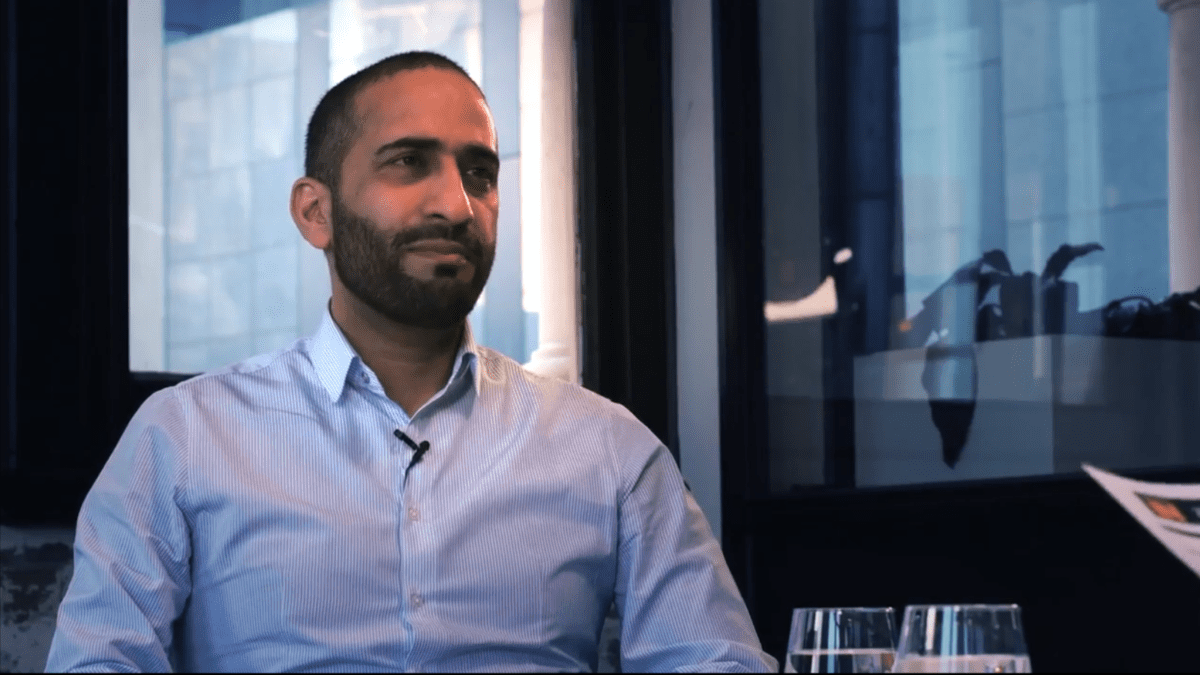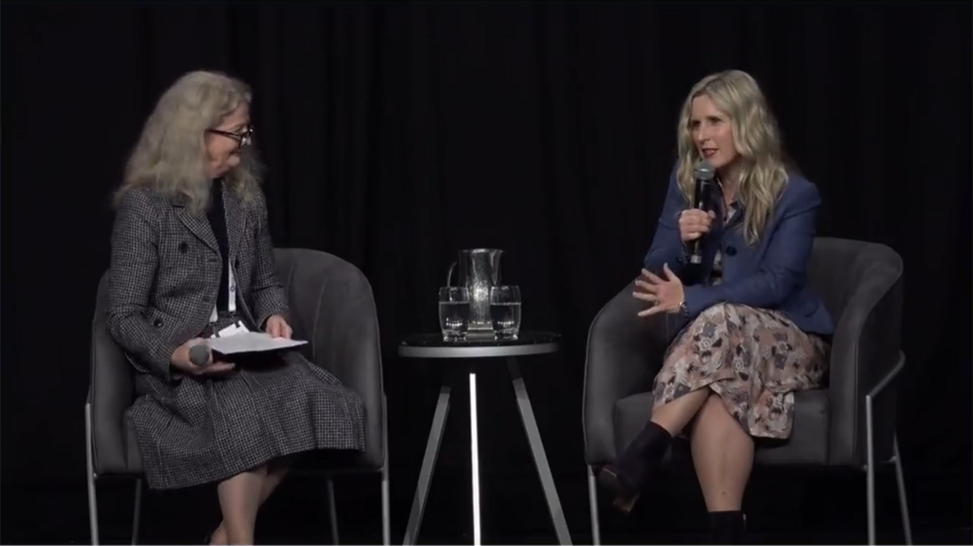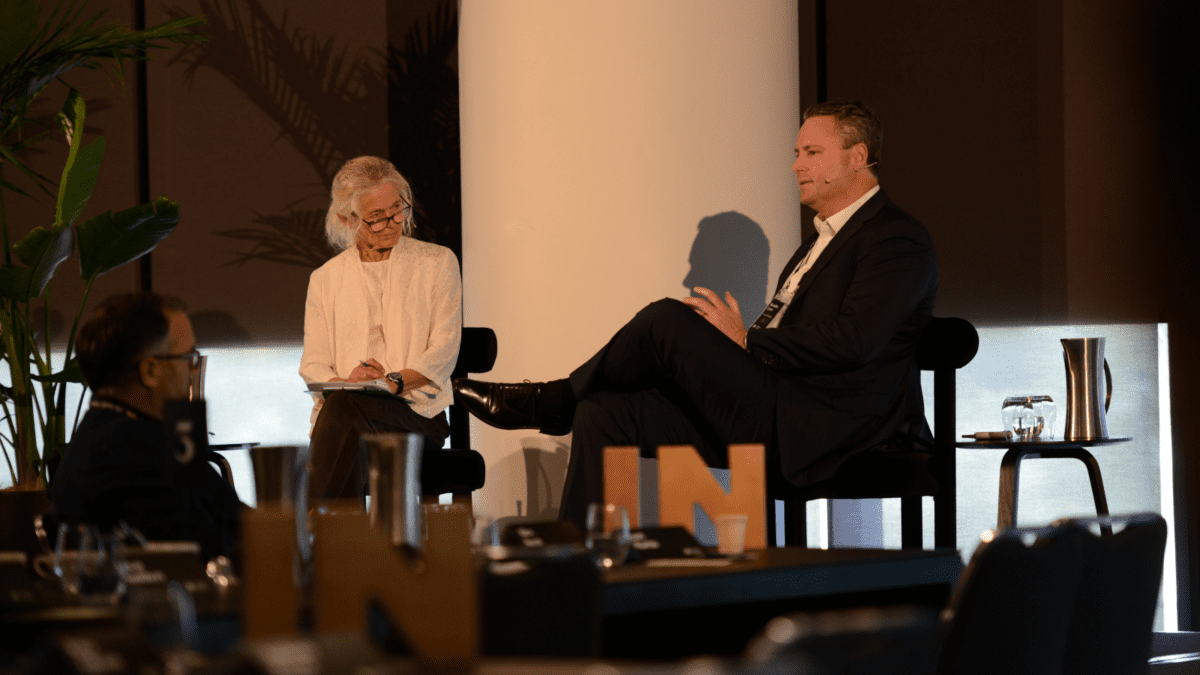-
Sort By
-
Newest
-
Newest
-
Oldest
Getting a good business in a good market with good people is just the start for this highly connected Brisbane funds management team. The next step involves a network of specialist consultants that know how to scale.
Cashed-up baby boomers in the market for yield are finding that it’s increasingly being delivered by non-listed assets with a palatable risk profile. And that’s not the only tailwind behind the burgeoning sector.
An enduring structural feature of Barwon’s PE fund is that it doesn’t invest in the companies that require capital, it invests in the companies that provide it. For advisers, that means exposure to the fabled PE illiquidity premium, but with access to daily redemptions.
Trust may be hard to win, but it’s even harder to win back once it’s broken. For private equity managers, keeping a sharp eye out for honesty and transparency is a key part of the company discovery process.
Like the Reserve Bank, ASIC is keenly aware that the rise of private markets, and especially private equity, creates both “upside and downside risks” to an efficient and fair economy. But it’s ASIC that sits in the first line of defence, and its new cohort of commissioners are determined to keep this burgeoning market clean.
Every investor wants access to the private markets, and every manager – established or otherwise – wants to help them get it. But when there’s a new product every day, how many of them will be any good?
Money managers are rising to meet the capital demands of companies wanting to stay private for longer. These days, though, they’re doing it with a strategic mindset that properly encapsulates a spectrum of investment maturity periods.
There’s nothing mysterious about the performance of private equity, according to Hamilton Lane, and the mundane reasons it does better also means it will keep doing better – even amidst grumbling about valuations.
After a stellar two years for private equity, the global market stalled in 2023 amidst challenging conditions. The switch called for agility, with Neuberger Berman finding other ways to get deals going that put distributions in the hands of investors.
Advisers may be holding back from private equity investment because they have an exaggerated view on the liquidity risks involved, but providers offer more liquidity now than ever, and smart advisers are capitalising on this.
Lack of liquidity and transparency have long been sticking points in retail uptake of private equity, but the industry is changing its ways even as an education challenge remains.
After a “frenzy” in the pre-pandemic era, markets have calmed down significantly for private equity investment teams. There are opportunities, however, especially for management teams with patience and a little bit of nous.
















